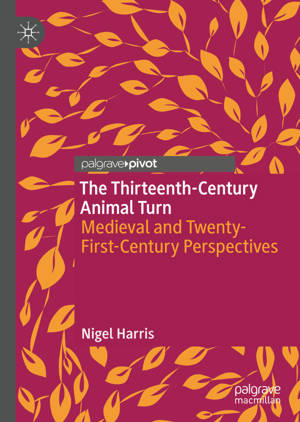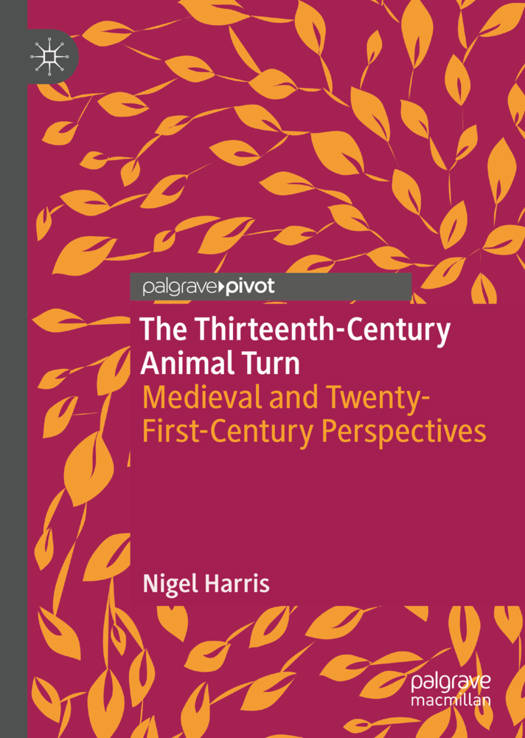
- Afhalen na 1 uur in een winkel met voorraad
- Gratis thuislevering in België vanaf € 30
- Ruim aanbod met 7 miljoen producten
- Afhalen na 1 uur in een winkel met voorraad
- Gratis thuislevering in België vanaf € 30
- Ruim aanbod met 7 miljoen producten
Zoeken
The Thirteenth-Century Animal Turn
Medieval and Twenty-First-Century Perspectives
Nigel Harris
Hardcover | Engels
€ 106,95
+ 213 punten
Omschrijving
The Thirteenth-Century Animal Turn: Medieval and Twenty-First-Century Perspectives examines a wide range of texts to argue in favour of a thirteenth-century animal turn which not only generated a heightened scholarly awareness of animals but also had major implications for society more generally. Using diverse primary sources, the book considers the role of Aristotle in shaping thirteenth-century perspectives on natural history; Pope Innocent III's encouraging the use of animals in the theological and moral instruction of the laity; the increasing relevance of animals to the promotion and assertion of lay aristocratic identity; and the tension between violence and affection towards animals that pervaded the thirteenth century as it does the twenty-first. Analysing these many considerations, Nigel Harris also argues that the thirteenth century was an era in which traditional conceptions of the fundamental 'anthropological difference' between humans and animals was subjectedto increasingly urgent questioning and challenge.
Specificaties
Betrokkenen
- Auteur(s):
- Uitgeverij:
Inhoud
- Aantal bladzijden:
- 131
- Taal:
- Engels
Eigenschappen
- Productcode (EAN):
- 9783030506605
- Verschijningsdatum:
- 29/08/2020
- Uitvoering:
- Hardcover
- Formaat:
- Genaaid
- Afmetingen:
- 148 mm x 210 mm
- Gewicht:
- 326 g

Alleen bij Standaard Boekhandel
+ 213 punten op je klantenkaart van Standaard Boekhandel
Beoordelingen
We publiceren alleen reviews die voldoen aan de voorwaarden voor reviews. Bekijk onze voorwaarden voor reviews.







